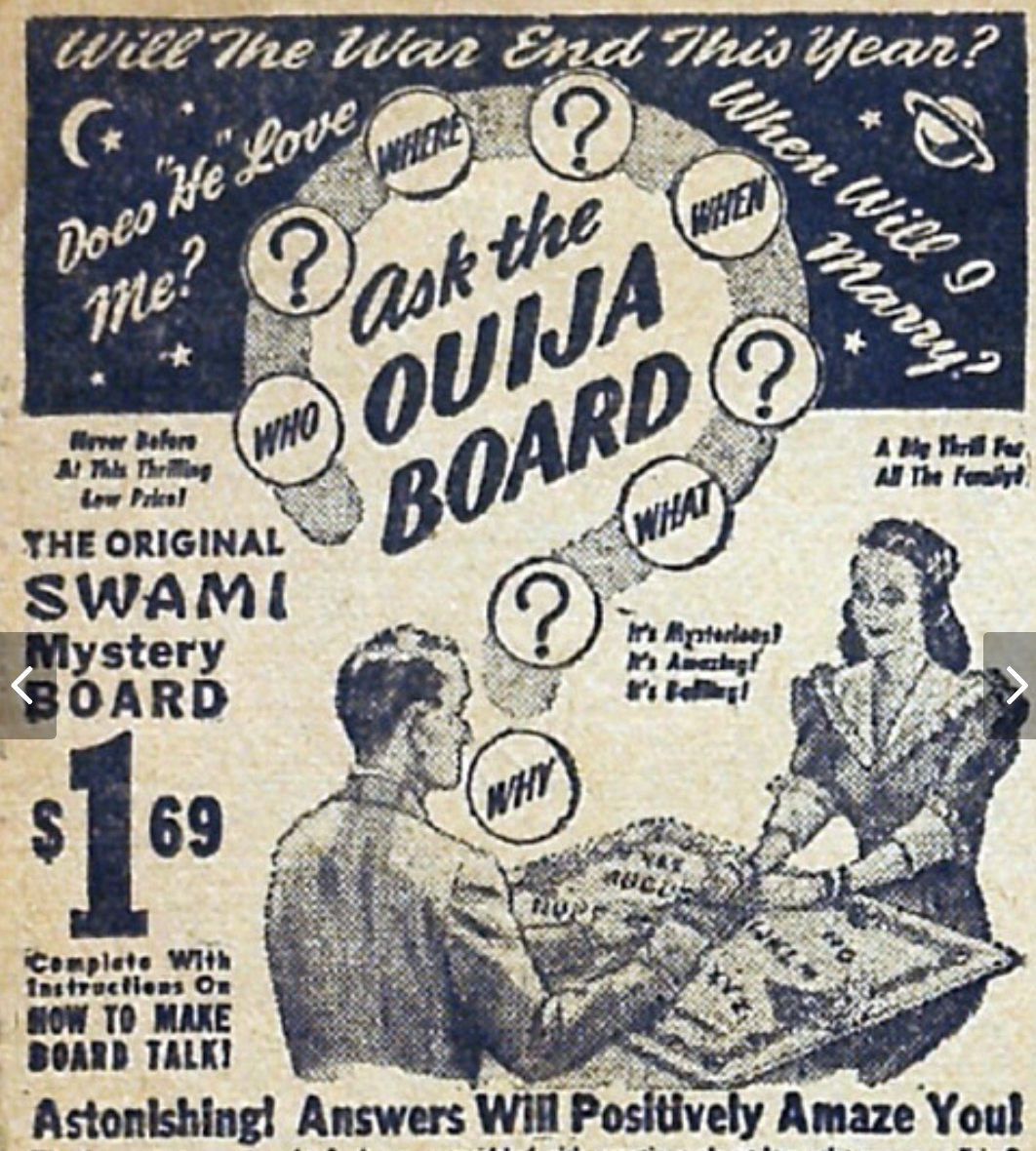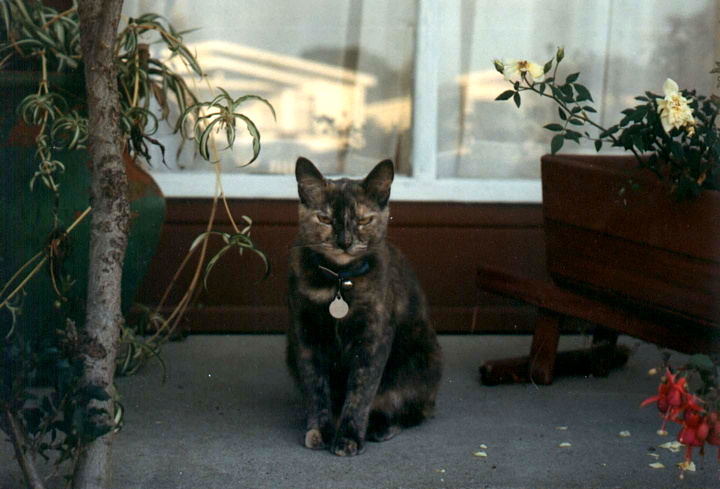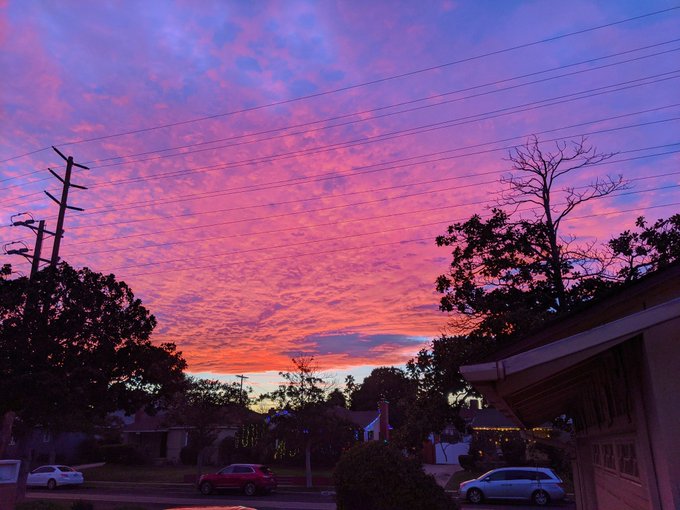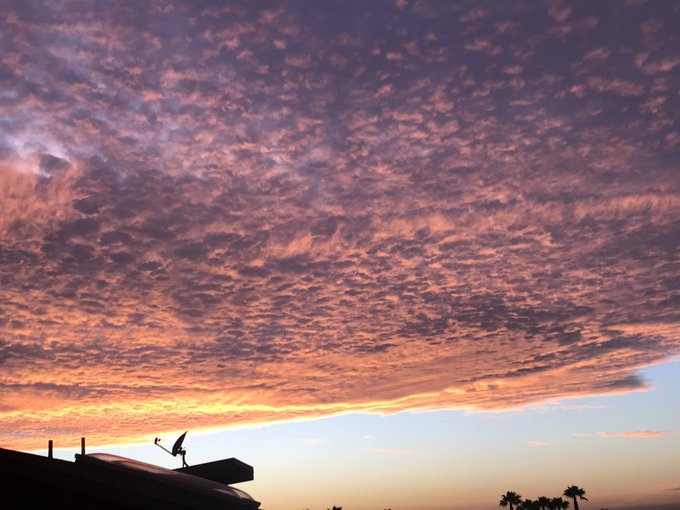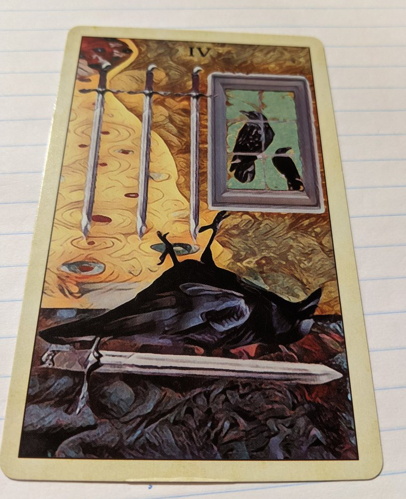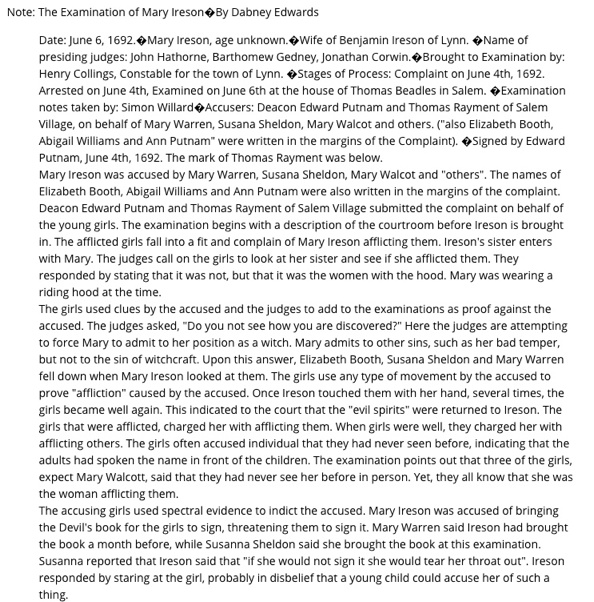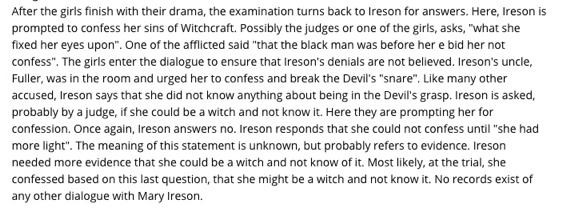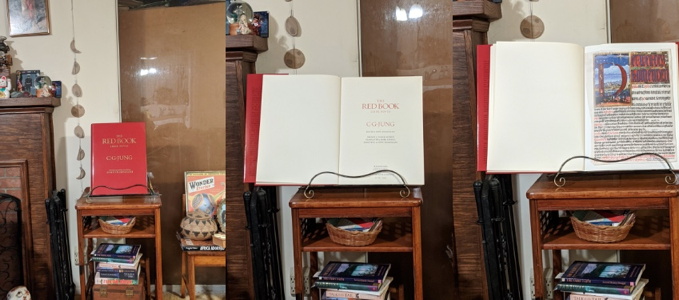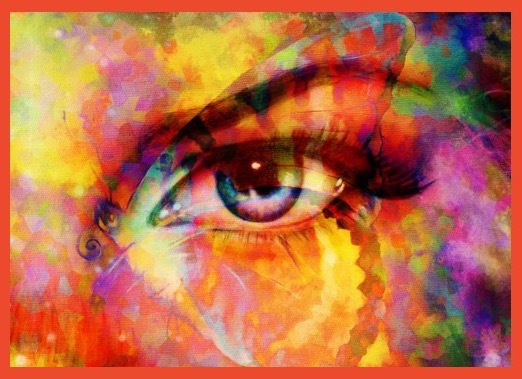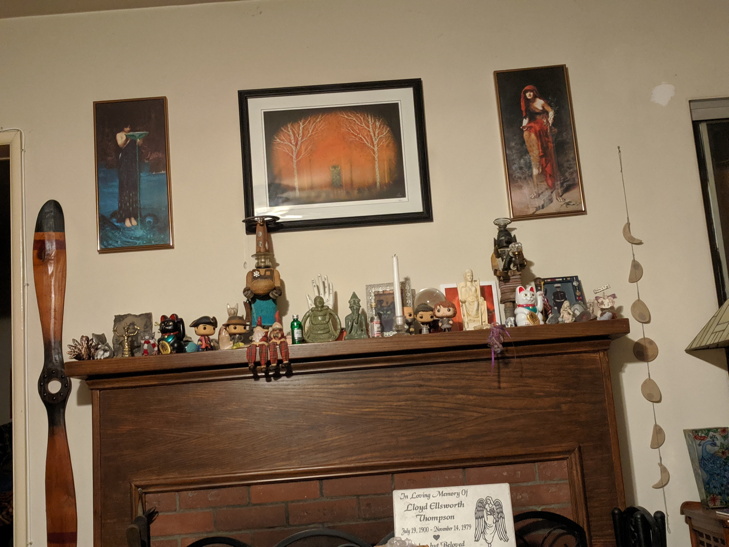This post is long and a mixed bag of things. If you’re only interesting in Hellier, you can skip everything past the picture of The Secret Commonwealth of Elves, Fauns, and Fairies.
I did a marathon watching of all ten hours of Hellier Season 2 on Friday—as after cooking two large meals that week and housecleaning, I wasn’t up for much more than viewing and eating leftovers. It’s currently available for free on Amazon Prime (as is Season 1), and in a couple of weeks will also be available for free on YouTube.
I rather wish I had watched it at a more leisurely pace because I got rather tuckered out there at the end. I’m still trying to process it (and have been rewatching it slowly for the past few days) and I might have processed it better if it had been in smaller chunks. Or maybe not.
I did manage a brief Amazon review:
Season One of Hellier was a perfect little gem of high strangeness, evoking that tumbling feel of falling into a storm of the synchronicities. That storm continues in season 2, tumbling harder and stranger. It has the authentic feel of lived experience rather than staged paranormal TV. We ride along with the participants, feeling their puzzlement and insecurities, their disbelief and belief, and watching as things shift and shift again. If you are looking for pat answers and highly manipulated content, this may not be the series for you. But if you have realized that asking questions is the most important thing, Hellier will give you that thrill of late-night discussions with friends trying to figure out the mysteries of the Universe.
My head’s so full of Major Stuff that I can’t talk about because, spoilers. I may post again in a couple of weeks after people have had a chance to watch. For now, I’ll just say that at the end of episode 9 I used some sweetgrass oil, just in case, and drew a protective sigil on my TV screen before watching episode 10. Also, as soon as those damned tones started I got nauseated. You’ll know the tones I mean if you watch it. The same thing happened with a recent “Haunted Salem Live†sigil experiment done by Greg and Dana Newkirk. So. Mass initiation or suggestibility? I’m still not sure. And that’s in the true spirit of Hellier, I think. Questions are more important than answers.
There are very mild spoilers in the following. Skip to *** if you don’t want even that.
I will say this, and with all due respect to Tyler Strand, I do believe the carving he saw on the tree was not a green man but Odin. Which suggests an entirely different focus of worship in North Carolina than in…that other place. And does nothing, of course, to negate the strangeness he experienced. And speaking as a geezer, if some odd young man showed up at my door going on about strange things in the woods, I might also have called the police. It doesn’t mean abominable practices were going on there, just that whatever or Whoever they worship, they probably figured it was none of his gods damned business.
***Okay, it’s safe now.
After viewing Hellier 2 there were many books I wanted to read and reread. I already had, and had already read, many of the ones they recommend: Passport to Magonia by Jacques Vallee, The Trickster and the Paranormal by George P. Hansen, Daimonic Reality by Patrick Harpur, The Secret Commonwealth of Elves, Fauns, and Fairies by the Reverend Robert Kirk (written in the 17th c. and widely referred to in paranormal circles), and others. I thought it might be time to reread Kirk again, since it’s really just a tract, not a long book, and it fit in with some of the research I’ve been doing lately for my current novel. Somewhere in this house I have a 1991 reprint of Kirk edited by RJ Stewart but of course I couldn’t find it. I once had a very neat filing system for my books, but that was before the chaos of the last house move and the caregiving years that followed, alas.
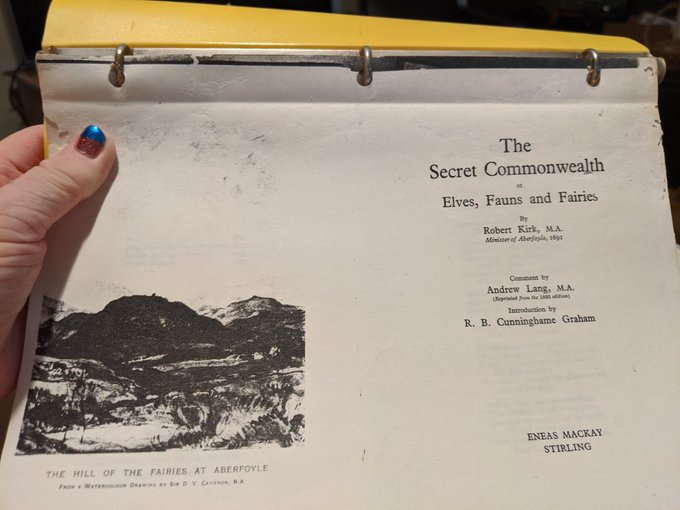
I notice that you can even buy this Andrew Lang edition as a Kindle book now. I love living in the digital age. But since I spent beaucoup $ in the 70s xeroxing this at the UCLA Research Library, I don’t think I’ll spend anymore money on it. I’d forgotten that I’d filled it up with pink highlighter. It was interesting to see that I didn’t find all those passages relevant anymore, although some overlapped.
Back in the ancient days when I was a student at UCLA, they had two original copies of The Secret Commonwealth, the original 1815 imprint from his 17th c. manuscript, and the 1893 Andrew Lang one, in the open stacks of the Research Library—a holdover from the days when Thelma Moss ran a paranormal research program there. Research libraries were the only places you could find these back then.
I’ve thought about those books since and wondered if anyone had the sense to put them in the restricted access area of the library or if, Rev. Kirk-like, they have subsequently been kidnapped by the fairies. Or other beings of more malicious intent. Somebody I know may have mentioned their rarity to one of the librarians, who didn’t seem that interested. Probably thought that someone a pedantic busybody or just another arsehole student trying to tell her what to do. I appreciated having easy access to them, but also know it’s a very sharp 2-edged sword: not even the Library of Congress can protect against theft, individuals deciding their wants are more important than access to that cultural heritage for the rest of us.
Ah well.
Below are some notes and quoted passages from the current reread. Some are relevant to Hellier 2, some relevant to my current research, but I thought someone might find them interesting.
• The Rev. Kirk says that females rarely have the second sight. That’s a 17th century male elite conceit, I believe. If women spoke of having second sight back in that day they would likely be burned.
• The Scots would have themselves, their crops, and their livestock blessed every 1st Sunday of every quarter of the year because the Fae changed their lodgings then and evil things might befall them, and seers might have terrifying encounters. The Rev got rather shirty over the fact that these same Scots were not seen the rest of the quarter in church.
• The Fae often show up as doppelgangers or what Kirk calls co-walkers, "haunting him as his shadow, as is often seen and known among Men (resembling the Originall) both before and after the Originall is dead."
• If invited or "earnestly required," the Fae may speak with men. Otherwise, they can’t be arsed. The Rev. Kirk may not have stated it quite that way.
• The Fae make "semblance to devour the Meats that it cunningly carried by, and then left the Carcase as if it expired and departed thence by a naturall and common Death." Cattle mutilations? Modern fae must be more clumsy. Or playing a different game, perhaps? Making themselves known as opposed to sneaking around and hiding? As if they need the attention now as much as they need the Meat.
• "They speak but little, and that by way of whistling, clear, not rough…. Yet sometimes the Subterraneans speak more distinctly than at other times."
• "They live much longer than we; yet die at last, or at least vanish from that state. ‘Tis one of their tenets, that nothing perisheth, but as the sun and year everything goes in a circle, lesser or greater and is renewed and refreshed in its revolutions."
• If invoked by magic means "they are ever readiest to go on hurtful errands, but seldom will be the messengers of great good to men."
• A seer who invokes them by magic "is not terrified with their sight when he calls them, but seeing them in a surprise frights him extremely…. For the hideous spectacles seen among them; as the torturing of some Wight, earnest ghostly Looks, skirmishes, and the like. They do not all the harm which appearingly they have power to do; nor are they perceived to be in great pain, save that they are usually silent and sullen."
• "They are a people invulnerable by our weapons…these people have not a second or so gross a body at all to be pierced; but as Air which when divided unites again; or if they feel pain by a blow they…quickly cure it."
• " they are not subject to sore Sicknesses, but dwindle and decay at a certain Period, all about ane Age. Some say their continual Sadness is because of their pendulous State…as uncertain what at the last Revolution will become of them…"
• "The extraordinary or second sight can be given them by the ministry of bad as well as good spirits to those that will embrace it."
• The Rev goes on to talk a whole bunch of hunting for treasure, Bible stuff, cunning folk magic. Which is interesting, but nothing I need to take notes on for my writing at the moment.
